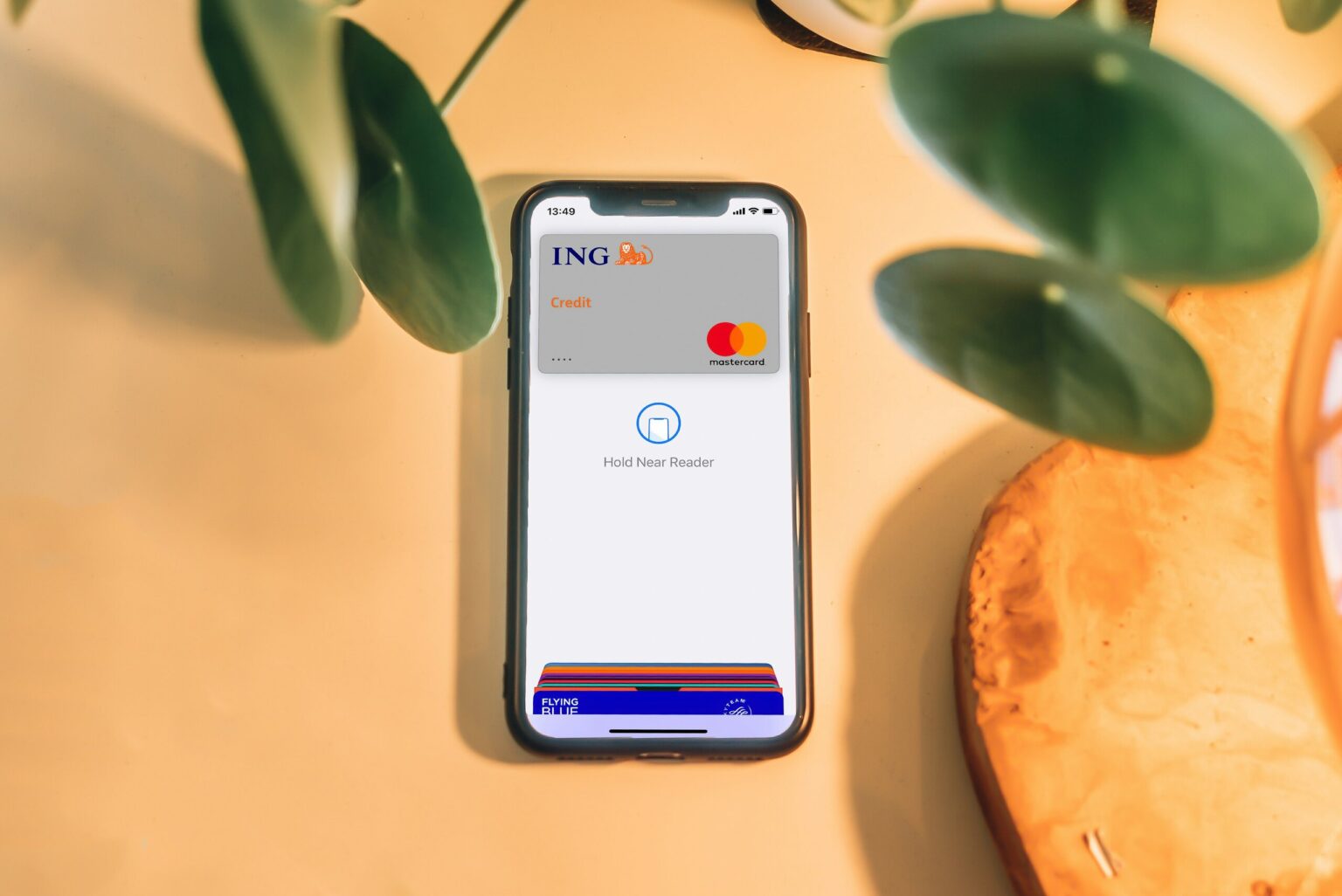Dutch banking giant ING Group is actively exploring opportunities to acquire rival banks in key European markets, signaling a strategic push for expansion.
At the same time, the bank is finalizing its withdrawal from Russia, marking a significant shift in its global operations, Reuters reported.
Expansion Strategy in Europe
ING’s CEO, Steven van Rijswijk, has emphasized the bank’s ambitions to grow in Germany, Italy, and Spain, leveraging mergers and acquisitions (M&A) where they align with the company’s objectives. “We want to get bigger in bigger markets, including Italy, Spain, and Germany,” van Rijswijk stated. “M&A is an option everywhere if it suits our criteria.”
The Dutch government has also encouraged ING’s expansion, with Finance Minister Eelco Heinen expressing hopes that Dutch banks will emerge as buyers rather than targets in the ongoing consolidation trend. The bank is particularly focused on strengthening its private banking services for high-net-worth individuals, expanding its digital banking model, and increasing lending in established markets. This strategy comes amid a broader wave of consolidation among European banks, with firms like BBVA and UniCredit actively seeking acquisitions to expand their footprint.
Van Rijswijk declined to specify potential acquisition targets, including whether ING is interested in Germany’s Commerzbank, a major lender to medium-sized enterprises. However, ING’s interest in M&A reflects its ambition to reshape the European banking sector, competing with other major players looking to expand through strategic deals.
ING’s Withdrawal from Russia
As ING pursues growth in Western Europe, it is also finalizing its long-planned exit from Russia. The bank recently reached an agreement to sell its Russian operations to local firm Global Development JSC. The transaction is expected to be completed by the third quarter of 2025, pending regulatory approvals from both Russian and EU authorities.
This decision comes amid ongoing geopolitical tensions and economic sanctions following Russia’s invasion of Ukraine in 2022. Since then, ING has ceased new business dealings with Russian companies, isolated its Russian subsidiary from its global network, and significantly reduced its lending exposure in the country.
The sale will result in a €700 million loss for ING, but the bank remains committed to further reducing its remaining €1 billion lending exposure to Russian companies. ING aims to see substantial reductions in 2025 and 2026, although some loans may take longer to unwind completely.
Competitive Landscape in Banking
While ING is making its exit, other major Western banks, including Austria’s Raiffeisen Bank and Italy’s UniCredit, continue to operate in Russia, facing pressure from European and U.S. regulators to accelerate their withdrawal. Selling banking assets in Russia remains a challenge due to the necessity of approval from Russian authorities.
Despite this financial setback, ING’s European expansion plans remain a priority, focusing on organic growth and strategic acquisitions in established markets. The bank’s shift in strategy reflects a broader trend of European financial institutions strengthening their positions amid changing economic and geopolitical landscapes.
